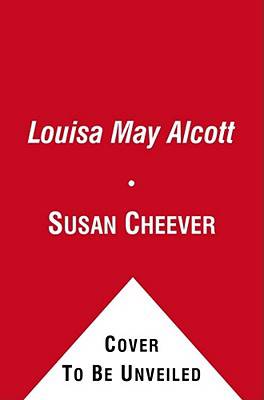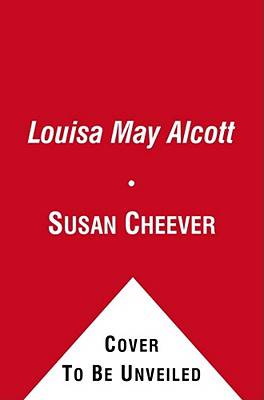
Door een staking bij bpost kan je online bestelling op dit moment iets langer onderweg zijn dan voorzien. Dringend iets nodig? Onze winkels ontvangen jou met open armen!
- Afhalen na 1 uur in een winkel met voorraad
- Gratis thuislevering in België vanaf € 30
- Ruim aanbod met 7 miljoen producten
Door een staking bij bpost kan je online bestelling op dit moment iets langer onderweg zijn dan voorzien. Dringend iets nodig? Onze winkels ontvangen jou met open armen!
- Afhalen na 1 uur in een winkel met voorraad
- Gratis thuislevering in België vanaf € 30
- Ruim aanbod met 7 miljoen producten
Zoeken
Omschrijving
Louisa May Alcott never intended to write Little Women. She had dismissed her publisher's pleas for such a novel. Written out of necessity to support her family, the book had an astounding success that changed her life, a life which turned out very differently from that of her beloved heroine Jo March. In Louisa May Alcott, Susan Cheever, the acclaimed author of American Bloomsbury, returns to Concord, Massachusetts, to explore the life of one of its most iconic residents. Based on extensive research, journals, and correspondence, Cheever's biography chronicles all aspects of Alcott's life, from the fateful meeting of her parents to her death, just two days after that of her father. She details Bronson Alcott's stalwart educational vision, which led the Alcotts to relocate each time his progressive teaching went sour; her unsuccessful early attempts at serious literature, including Moods, which Henry James panned; her time as a Civil War nurse, when she contracted pneumonia and was treated with mercury-laden calomel, which would affect her health for the rest of her life; and her vibrant intellectual circle of writers and reformers, idealists who led the charge in support of antislavery, temperance, and women's rights. Alcott's independence defied the conventional wisdom, and her personal choices and literary legacy continue to inspire generations of women. A fan of Little Women from the age of twelve, and a distinguished author in her own right, Cheever brings a unique perspective to Louisa May Alcott's life as a woman, a daughter, and a working writer.
Specificaties
Betrokkenen
- Auteur(s):
- Uitgeverij:
Inhoud
- Aantal bladzijden:
- 320
- Taal:
- Engels
Eigenschappen
- Productcode (EAN):
- 9781416569923
- Verschijningsdatum:
- 8/11/2011
- Uitvoering:
- Paperback
- Formaat:
- Trade paperback (VS)
- Afmetingen:
- 137 mm x 211 mm
- Gewicht:
- 272 g

Alleen bij Standaard Boekhandel
+ 55 punten op je klantenkaart van Standaard Boekhandel
Beoordelingen
We publiceren alleen reviews die voldoen aan de voorwaarden voor reviews. Bekijk onze voorwaarden voor reviews.











